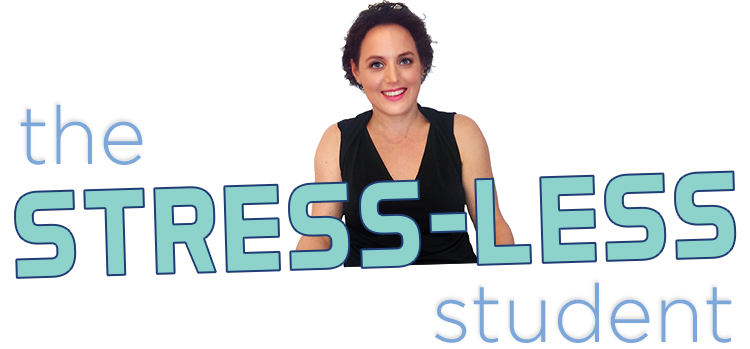“So, how are you going to study for this test?”
“I’m going to look it over.”
“So, how are you going to study for this test?”
“I’m going to look it over.”
This is usually the beginning conversation I have with students when asking them about studying. Eventually, and with some prodding we get to the piece of active studying. It does take time though as often students tell me that they are going to “re-read” something, whether it be their notes or the textbook. Unfortunately, rereading the book is not the most effective way to study. So why do we do it?
Most of us (I include myself in this) want to feel like I know the material that I’m being tested on. And how do we think we are doing this best? By re-rereading the material that has already been written.
It is only when I either test myself on the information, write about it in a way in which I have to synthesize it (take information from different sources and combine it in a way that is relevant to what I am teaching, writing or being tested on) that I start to know what knowledge I am lacking. I encourage students to do the same. This is not a favorite as it both takes more work and can be daunting; studies show that the more a student engages with material that they are being tested on the less confident they feel, and the less that they engage with material that they engage in the more confident they feel.
Think about a song that you might sing for karaoke. You practice by singing along to the song, which means that you must know it. Then, you get up to sing the song with only the melody and you realize that you don’t know the words at all. Only by trying out the words to the melody do I know how much of the song I know. Thankfully, most songs can be found without the words and so one could practice before getting to the stage.
The same goes with studying. You already have the material and ways to test yourself before getting to the exam.
During the SATs the other day, a student commented that his work as a tutor has solidified his understanding of some of the math concepts on the SATs. Because he had to know the information well enough to explain it to someone else he had engaged in it and practiced problems in a way that would also help himself on a test. Retrieval practice (testing yourself) before the test (multiple times, by the way) is a key component to studying.
There are a few techniques to practicing retrieval. The simplest way is to wait until your teacher or professor gives you a study guide. If you don’t have a study guide, use past quizzes and tests. Compile the questions to answers that you got wrong (first) and make that into a study guide. For questions that you are consistently answering wrong, make sure to check your notes and write down what steps you are missing or practice the problem with your notes in front of you. I recommend starting this process a couple of weeks (or even three!) before Finals.
You want to give your brain enough time to encode (learn) the information so that it can enter into the long term memory. The more you practice retrieval (testing yourself) the stronger the neuro-pathways will be and the stronger the memory for the concepts that you will be tested on.
A study guide might be a typical question/answer as you would see on a test. You might also decide to create a deck of flashcards with the question on one side and the answer on the other. When I suggest this to students oftentimes the question becomes: okay, but if I make the flashcards when will I actually have time to study? First, by making the flashcards you are studying! You are engaging with the material, processing the information that you are engaging with and as you are writing your answer you’re thinking about the process of how to answer the question. So, it is a win-win!
I would also suggest (as conventional wisdom does) that you make a study schedule. Start with organizing your materials. What quizzes/tests do you have for each class? What is missing from your notes that you can ask a friend or the teacher for clarification? By the way: you’ll know the answer to this as you do your retrieval practice. If you are trying to answer a question and you can’t do it by going back to your notes, chances are you need to add to them. Before googling the answer, ask a friend or your teacher for clarification.
Then, start your retrieval practice. Again, if you don’t know where to start go back to quizzes and tests. If you don’t have any quizzes and tests go to the online platform of your class and look at the different subjects that have been covered in the class. From the materials that you have, start making questions (with the answers being in the materials themselves).
Again, studies show that frequent, but short bursts of study sessions work better than long single study sessions right before a test.
If you would like some help studying for finals and crossing the finish line sign up for a complimentary Destressify Yourself Session here!
Warmly,
Sarah Weidman



Recent Comments